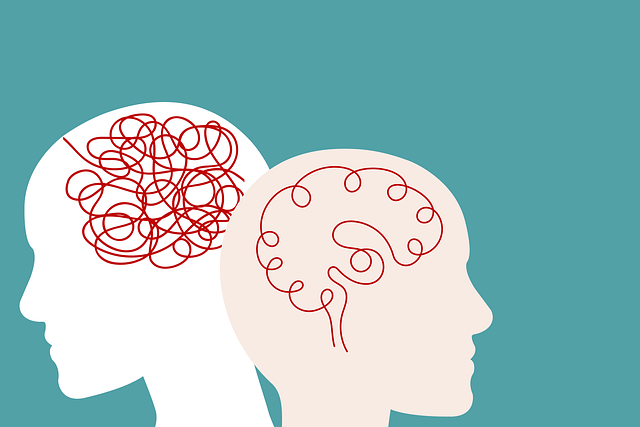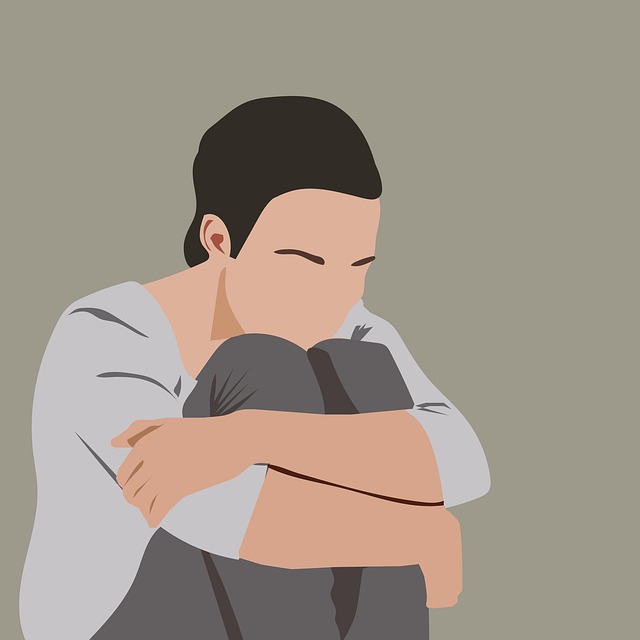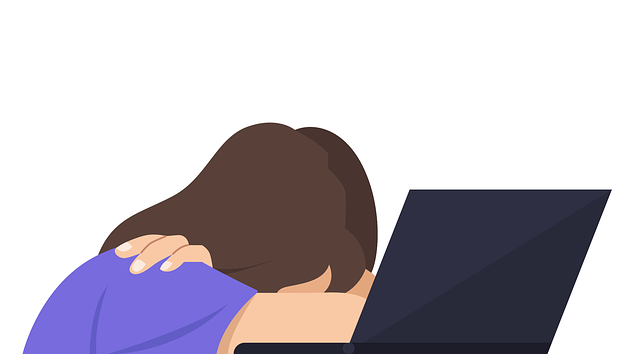Therapy for young children who have experienced child abuse should incorporate Resilience, Flexibility, and Mastery (RFM) principles. This involves structured programs that build emotional intelligence, teach coping strategies, and restore a sense of control through play-based therapies, art, music, and storytelling. The goal is to empower kids to effectively manage trauma and stress, preventing anxiety and burnout, and establishing a strong mental health foundation for their future. Long-term benefits include improved self-esteem, emotional regulation, and better overall well-being.
“Resilience is a powerful tool for young children to navigate life’s challenges, especially those who have experienced child abuse. This article delves into RFM (Resilience, Strength, and Mastery), an innovative therapy approach designed to build resilience in vulnerable kids. We explore how tailored exercises can help children cope with trauma, enhance their emotional well-being, and foster a sense of safety. By understanding the impact of RFM and its practical implementation, professionals can provide effective support for survivors of child abuse, promoting long-term healing.”
- Understanding RFM and Its Impact on Young Children
- Identifying Resilience Building Exercises for Kids
- Implementing RFM in a Safe and Therapeutic Environment
- Long-term Benefits and Considerations for Child Abuse Survivors
Understanding RFM and Its Impact on Young Children

Understanding RFM (Resilience, Flexibility, and Mastery) is crucial when considering therapy for young children, especially those who have experienced child abuse. This concept focuses on fostering mental health education programs designed to build resilience and help children navigate challenging situations. By implementing exercises that enhance flexibility and a sense of mastery, therapists can empower kids to cope with trauma and stress more effectively.
The impact of RFM is profound, as it equips young individuals with the tools to manage anxiety relief and prevent burnout, which are common issues stemming from abuse. These exercises allow children to explore their emotions, develop coping strategies, and regain a sense of control. Through this process, they learn to adapt to difficult circumstances, fostering a strong mental health foundation that will benefit them throughout their lives.
Identifying Resilience Building Exercises for Kids

Identifying appropriate resilience-building exercises for young children is a crucial step in their therapeutic journey. When considering therapy for young children who have experienced child abuse or trauma, it’s essential to design activities that are not only engaging but also adaptive and beneficial. The goal is to help them develop coping mechanisms, enhance emotional intelligence, and build a sense of safety and trust.
Resilience exercises should be tailored to the age and individual needs of each child. Incorporating play-based therapies, art, music, and storytelling can make these sessions more accessible and enjoyable for kids. For instance, Mental Health Education Programs Design can include activities that promote positive thinking and self-care routine development for better mental health. These exercises should foster a sense of control, encourage self-expression, and help children develop healthy ways to manage their emotions.
Implementing RFM in a Safe and Therapeutic Environment

Implementing RFM (Resilience, Flexibility, and Mastery) in a safe and therapeutic environment is paramount when working with young children who have experienced trauma, often stemming from child abuse. This approach allows for a nurturing space where children can develop emotional intelligence, learn self-care practices, and cultivate compassion. Through structured activities and play, therapists can guide young minds to build resilience, enabling them to navigate life’s challenges with flexibility and a sense of control.
In such settings, RFM exercises focus on helping children understand and manage their emotions, fostering a sense of safety and security. By incorporating techniques like mindfulness, emotion-focused coping strategies, and positive affirmations, therapists empower kids to develop emotional regulation skills. This, in turn, promotes self-compassion and builds a strong foundation for their overall well-being, especially when facing stressors or triggers related to past traumas.
Long-term Benefits and Considerations for Child Abuse Survivors

Implementing resilience-building exercises and RFM (Recovery-Focused Messaging) can offer profound long-term benefits for child abuse survivors. These strategies, often incorporated into therapy for young children experiencing trauma, focus on empowering individuals to cope with their past experiences and foster emotional well-being. By using therapeutic techniques that promote self-esteem improvement, survivors can develop a stronger sense of resilience, enabling them to navigate life’s challenges more effectively.
This approach not only aids in depression prevention but also equips children with the tools to regulate their emotions and build healthy relationships. Through consistent practice, these exercises can transform the way survivors perceive themselves and their circumstances, leading to improved mental health outcomes. The benefits extend beyond individual growth, as it contributes to a more holistic recovery process, fostering a sense of safety and security that lasts into adulthood.
Resilience is a powerful tool that can transform the lives of young children, especially those who have experienced child abuse. By implementing RFM (Resilience-focused Mindfulness) and tailored resilience-building exercises, we create a safe space for kids to heal and grow. This therapeutic approach not only provides immediate benefits but also fosters long-term resilience, enabling survivors to navigate challenges with strength and adaptability. It is crucial to recognize the impact of child abuse and offer effective support through innovative strategies like RFM, ensuring a brighter future for vulnerable children.








